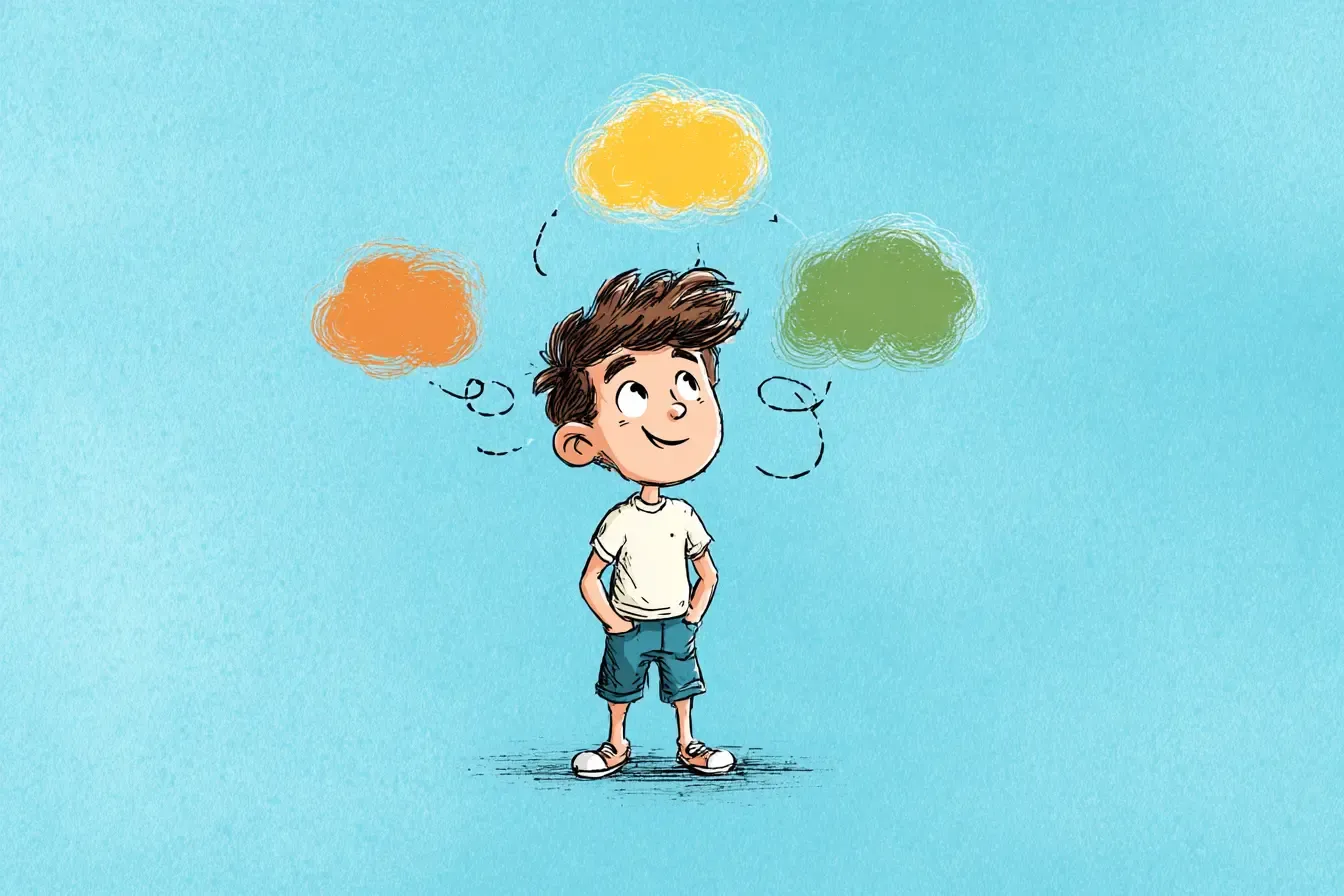Learning multiple languages isn’t just a practical skill—it’s a superpower for your brain. From enhancing cognitive abilities to delaying neurological diseases, multilingualism offers far-reaching advantages that go beyond communication. Let’s dive into the fascinating ways language learning can transform your brain and why it’s a journey worth taking.
How Does Learning a Language Help Your Brain?
When you learn a new language, it changes your brain. Studies show that acquiring another language strengthens neural connections, increasing brain plasticity. This enhanced adaptability helps you process information more efficiently and multitask like a pro. So, what happens to your brain when you learn a new language? It essentially becomes sharper, more flexible, and better equipped to handle challenges.
Your brain undertakes complex tasks such as decoding unfamiliar grammar, memorizing vocabulary, and distinguishing unique sounds. These activities simultaneously engage multiple brain regions, fostering mental flexibility and strengthening neural pathways. The benefits of learning a second language go beyond practical advantages — they’re deeply connected to your brain health.
Strengthening the Prefrontal Cortex
The reason why learning a second language is important is rooted in our prefrontal cortex. It is responsible for executive functions like decision-making, problem-solving, and focus, which benefits immensely from language learning. Studies using functional MRI scans show increased activity in this region when individuals juggle multiple linguistic systems. This constant "switching" between languages refines your ability to multitask and adapt to new situations.
Boosting Memory and Attention
Does learning a language improve memory? The short answer is “Yes”! Language learning improves working memory by requiring you to retain and manipulate new words, sentence structures, and rules. This translates into improved memory overall, even in non-linguistic tasks. Additionally, learning a language demands sustained attention, sharpening your ability to focus amid distractions.
Delaying Cognitive Decline
One of the most compelling findings in neuroscience is that multilingualism can delay the onset of neurodegenerative diseases like Alzheimer’s and dementia. A 2013 study published in Neurology found that bilingual individuals develop symptoms of dementia an average of 4.5 years later than monolinguals. This cognitive reserve is thought to result from the enhanced neural connections and increased brain plasticity cultivated through language learning.
Improving Problem-Solving and Creativity
Learning a language involves more than just memorization; it requires pattern recognition, logical thinking, and contextual application. These skills spill over into other areas of life, enhancing your ability to solve problems creatively and approach challenges from multiple perspectives.
Fostering Emotional Intelligence
Interestingly, studies suggest that speaking a second language can also improve emotional regulation and empathy. When you process ideas and emotions in another language, you may develop a more objective view, which can help in managing emotions and understanding others’ perspectives.
Increased Brain Volume
Brain imaging studies have shown that learning a second language can increase the density of gray matter in areas associated with language processing and cognitive control: the hippocampus and the inferior parietal lobule. This physical growth shows the profound impact language learning has on the brain's structure and function.
The Emotional and Social Benefits of Foreign Language Study
The benefits of foreign language study aren’t limited to your brain — they extend to your emotional and social life. By learning a new language, you develop empathy and a deeper appreciation for other cultures. Making connections and building relationships is easier when you speak someone’s native tongue.
Studies also suggest that processing emotions in a second language can help you think more clearly and objectively, reducing impulsive decisions.
Practical Ways to Get Started
Want to experience the incredible benefits of learning a new language? Here are some simple and effective strategies to begin your journey:
- Apps and Tools: Modern language-learning apps like EWA make daily practice easy and engaging. With gamified lessons and progress tracking, these tools are perfect for building a solid foundation in vocabulary and grammar.
- Immersion: Dive into the language by watching TV shows, listening to podcasts, and reading books in your target language. Immersion helps you absorb real-world usage and cultural nuances naturally.
- Corporate Language Learning Programs: Corporate English learning platforms are a fantastic option for those who want to improve their careers. The benefits of learning a new language through corporate learning are immense, because these programs are tailored to professional needs and offer practical vocabulary and real-time feedback to help you communicate effectively in global business settings.
- Join Groups: Connect with native speakers in language exchange groups or online platforms. Practice real conversations while gaining cultural insights and improving your fluency.
Now you know how learning a language helps your brain. The benefits go far beyond speaking skills. From boosting memory to delaying cognitive decline, multilingualism is a gift to your brain and your future self. No matter which language you choose, it brings incredible rewards.
FAQ
How many languages do I need to learn to see these benefits?
Even learning one additional language can have significant cognitive benefits.
What if I’m too old to start?
Age is not a barrier; studies show older adults benefit significantly from language learning.
How long before I notice brain health improvements?
Cognitive benefits can start appearing within weeks or months of consistent practice.


















